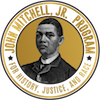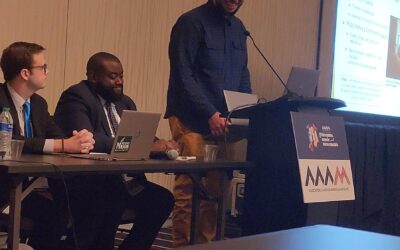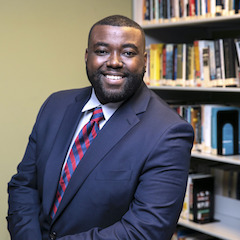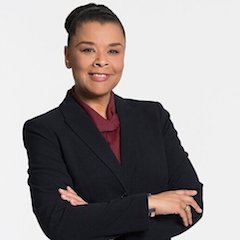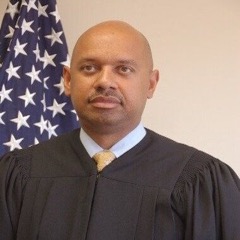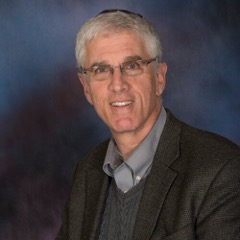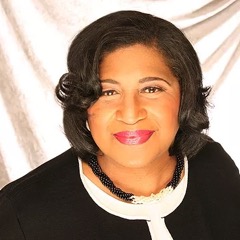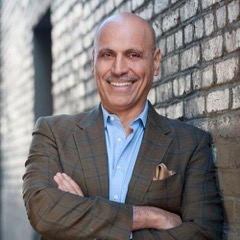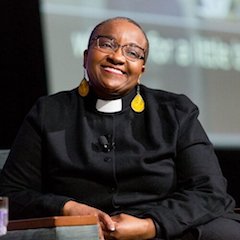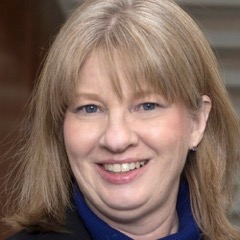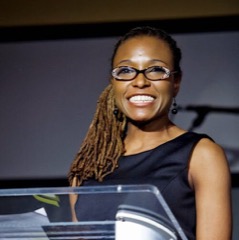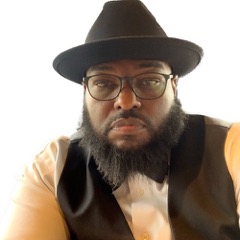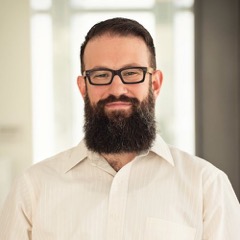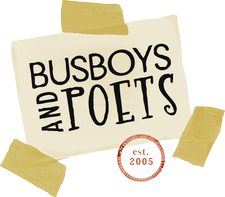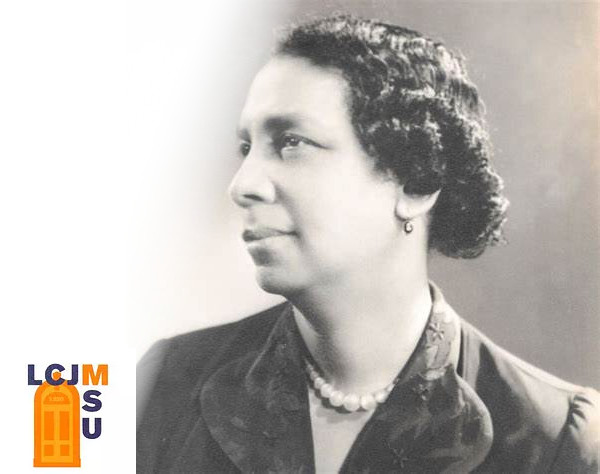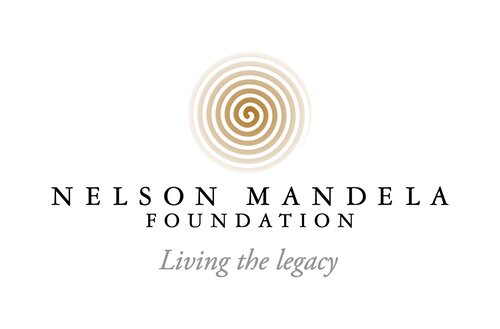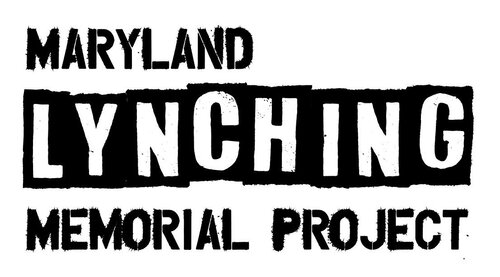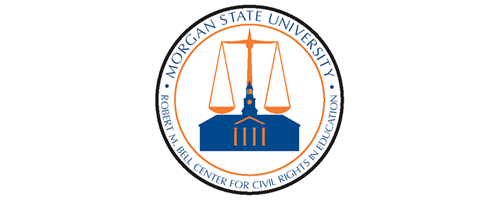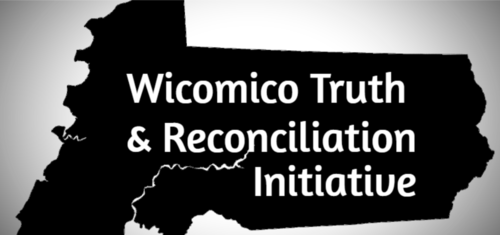JMJP, Executive Director
Who We Are
Our Vision
The John Mitchell, Jr. Program envisions an equitable and just world.
This is not a world in which the traumatic legacy of the brutalities of dehumanization have been erased from the historical record. Rather, it is a world in which the ideology of White supremacy has been deconstructed in order to provide platforms that provide opportunities for the centering of marginalized and minoritized voices. This centering involves the creation and facilitation of spaces where dialogue and narrative change occurs across all institutions with persons of all backgrounds.
An equitable and just world is one where the barriers between the academic space and the community it serves cease to exist. It recognizes the value in the previously devalued and allows for the positioning of oneself to assist in the repair of relationships in service of the nation and the world.
Our Mission
To bring about an equitable and just world, the mission of the JMJ Program is to foster narrative change, build peace, advocate for human rights, and promote racial and social justice in the United States and the world through a recognition of the historical and modern impacts of systemic and systematic racism.
We foster narrative change by reframing the relationship of the past to the present and the future. We create accessible platforms for the exploration of history through digital humanities and media-based approaches.
We build peace by cultivating collaboration across institutions and community engagement.
We advocate for human rights in our scholarship and in our practice. We focus our research and practice on:
-
Anti-racism and Decolonization
-
Justice and Equity (that looks like racial, economic, political, educational, etc.)
-
Peace and Human Rights (Kingian)
We promote racial and social justice in the United States and across the world through direct action by building and supporting communities to have their voices heard.
Our School
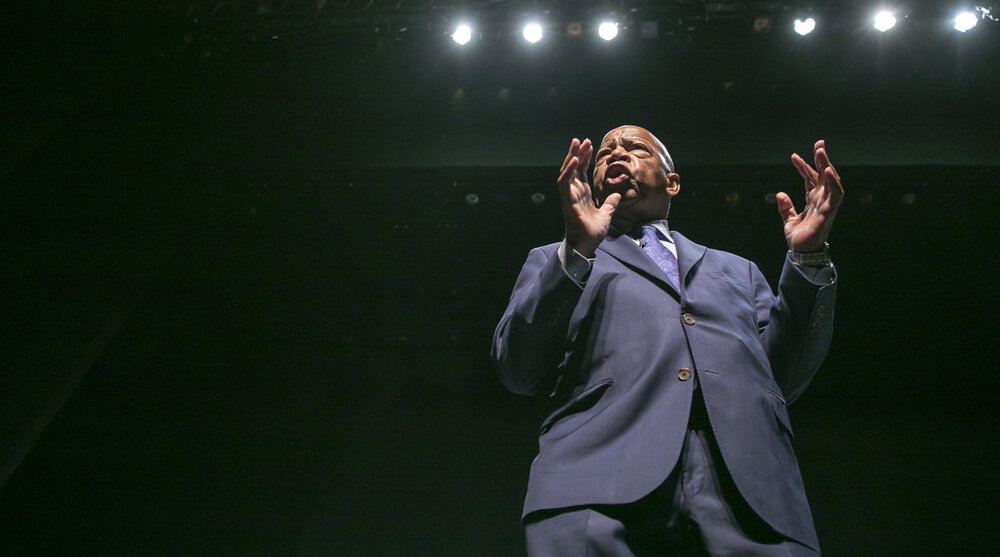
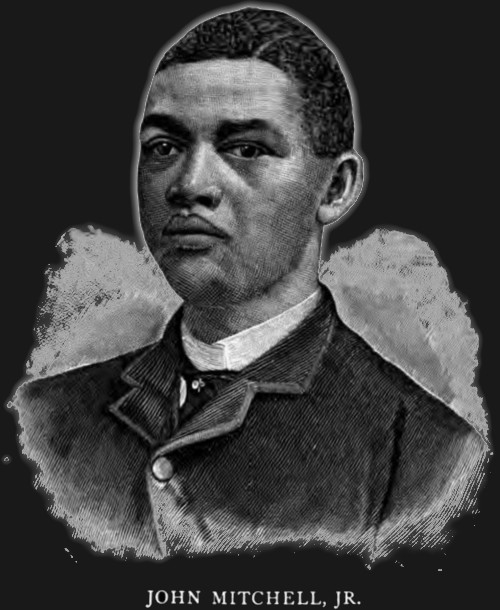
Our Namesake:
John Mitchell, Jr.
Born into slavery in 1863 on the Lyons family estate in Henrico County Virginia, near Richmond,
Read more

Our Namesake:
John Mitchell, Jr.
Born into slavery in 1863 on the Lyons family estate in Henrico County Virginia, near Richmond,
Read more
Program Staff
Current Fellows & Team
Xochi Cartland
JMJP, Program Coordinator
Kyla Goldsby
OUDC Program Intern
Ava Smigliani
Restorative History and Community Engagement Fellow
Isaac Jasper
Media Creation
Alycia George
Chipman Center Development Archival Researcher
Charles L. Chavis, Jr., PhD
Founder & President
Jabez la’Steph Nelson
Operation Understanding DC Archival Researcher
Leona D. Mueller
Criminal Justice Case Researcher and Advocate
Laura Brannan Fretwell
Digital Humanities Coordinator
Board of Advisors
Susan F. Hirsch, PhD
Vernon M. and Minnie I. Lynch Chair, The Carter School
Kimberly Wilson
Virginia Museum of Fine Arts
Pace Jefferson McConkie, Esq.
Robert M. Bell Center for Civil Rights in Education, Morgan State University
The Honorable Owen C. Wilson
U.S. Armed Services Board of Contract Appeals
Rabbi Bruce Aft
Rabbi Emeritus, Congregation Adat Reyim
Iris Leigh Barnes, PhD
Lillie Carroll Jackson Civil Rights Museum
Andy Shallal
Busboys and Poets
Rev. Canon Nontombi Naomi Tutu
Canon Missioner for Racial and Economic Equity, Cathedral of All Souls
Affiliate Faculty
Tehama Lopez Bunyasi, PhD
George Mason University
Karina V. Korostelina, PhD
George Mason University
Pamela K. Struss, PhD
George Mason University
Susan Allen, PhD
George Mason University

